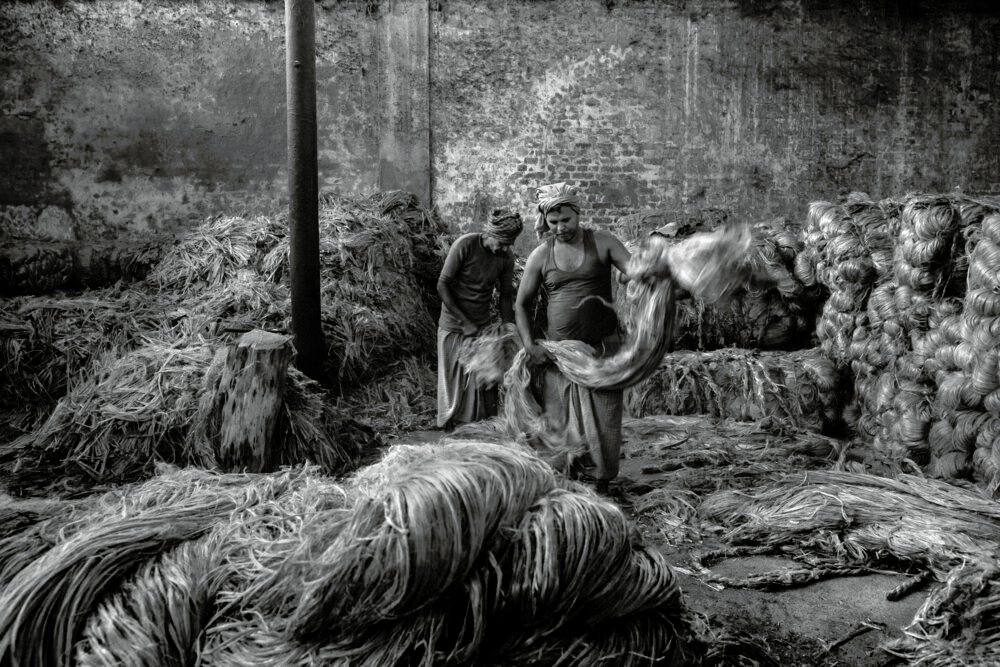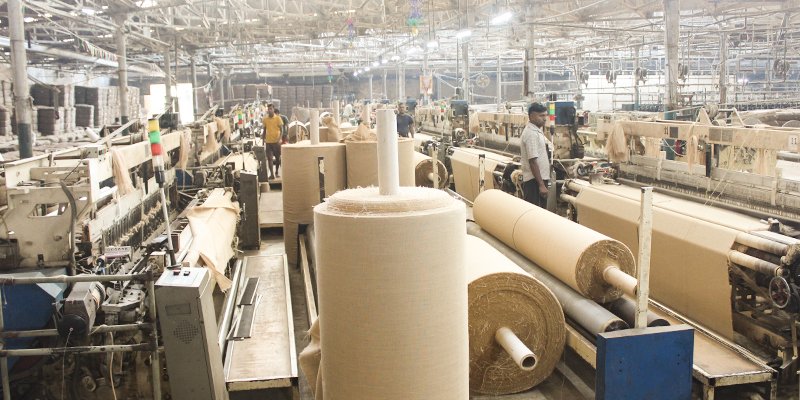
Played a central role in organizing the jute trade during colonial rule. It became a voice for Indian traders amidst foreign dominance in export and manufacturing.

With India’s emergence as a key jute producer, the association expanded its mission — supporting policy advocacy, trade standardization, and member welfare.

Responding to globalization, the association has embraced sustainable practices, digital communication, and partnerships to keep India’s jute sector globally competitive.
